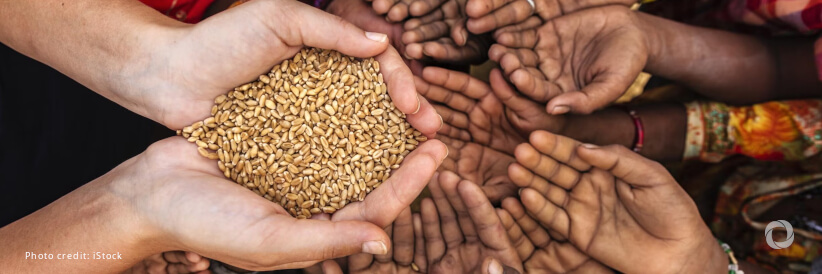Inflation, dollarisation of food prices, and insufficient humanitarian assistance are contributing to Lebanon’s food insecurity, the Norwegian Refugee Council has said.
New data released by the UN and aid agencies reveals that 1.4 million people, including both Lebanese and refugees, are experiencing high levels of food insecurity in the country. Malnutrition and insufficient food consumption are prevalent.
Maureen Philippon, NRC’s country director in Lebanon, said, “One-quarter of Lebanon’s population is in a serious food crisis, a grim sign of overall poverty. We are extremely concerned by the domino effect on other aspects of life, including the ability of people to afford rent or keep their children in school. Children are forced to work as their families quickly run out of solutions. We see more people, including farmers, borrow money to grow crops, or pay for their rent, medicine and food. People report eating less and compromising on quality. I spoke to people who told me that they had not had meat for a long time,” added Philippon.
The new data shows that over 800,000 Lebanese, 540,000 Syrian refugees, and 65,000 Palestinian refugees struggling to secure enough food. Nine out of ten Syrians are in extreme poverty, according to the UN.
Government statistics show that the average cost of food items, including fruits and vegetables, almost tripled this year. Earlier this year, the government allowed essential items to be priced in US dollars in the hope of halting hyperinflation.
“We’re living off food donations and have got used to it,” said Nadine, 44, mother of three in Beirut. “We can’t afford to buy vegetables. It’s quite hard for us to afford tomatoes. This is the situation for everyone.”
Ali, 28, had to cut his crop total by 60% as a result of years of crisis and water shortage. He relies on sustainable methods to grow cherries and apricots on rainfed hills in the border town of Arsal.
“We have stopped growing vegetables simply because it’s a certain loss,” he said. “It’s less costly to go buy directly from the supermarket. I had to cut production and only feed myself. I only grow a small quantity of vegetables now.”
NRC works with farmers to promote the local production and supply of fruits and vegetables. The organization calls for a sustainable agricultural system that boosts local production and increases the availability of affordable food.

